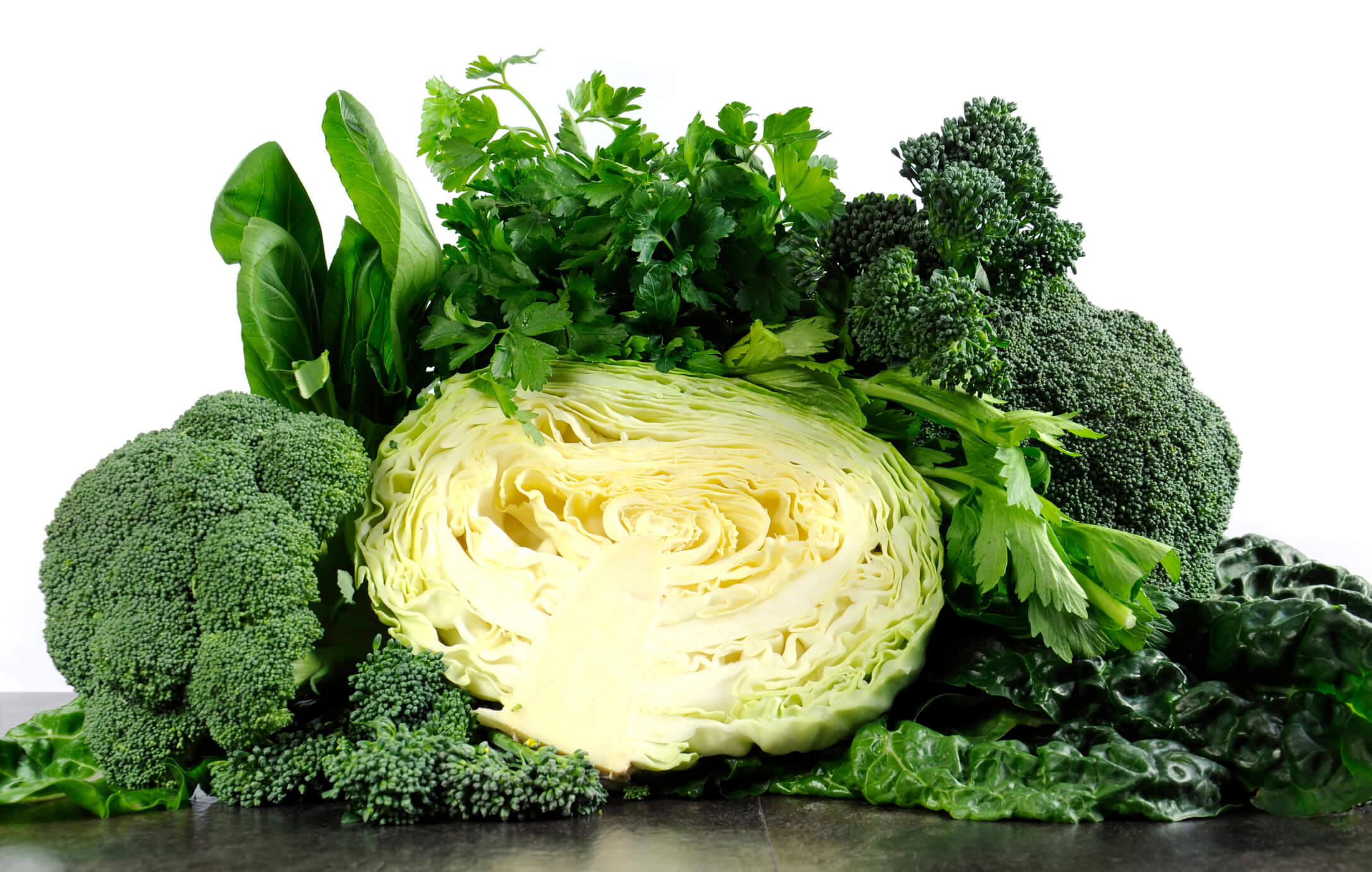
Below are some of the most naturally calcium-rich plant foods:
Plant-Based, Calcium-Rich Foods #1 — Seeds
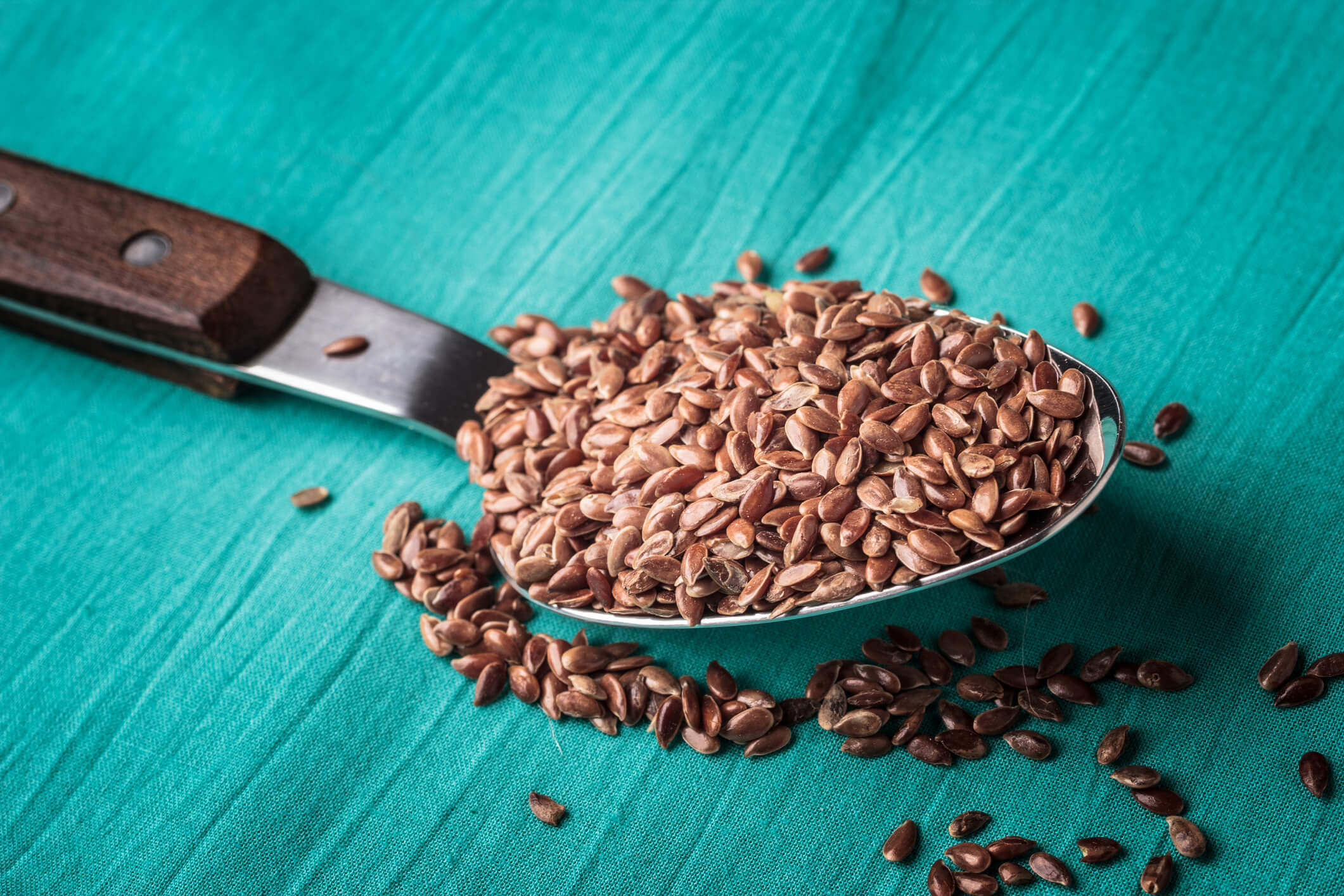
- ½ cup sesame seeds = 350 mg calcium
- 1 ounce chia seeds = 180 mg calcium
I love to keep a variety of nuts and seeds in the pantry. I sprinkle sesame seeds on a salad or roasted veggies. Chia seeds are great in smoothies, oatmeal, or ground and sprinkled on just about everything.
If you prefer a spread, tahini (sesame seed butter) offers 130 mg of calcium in just 2 tablespoons. That’s about 10% of what your body will need in the United States and 20% of what it’ll need in Britain. (If you trust official government recommendations, that is!)
Plant-Based, Calcium-Rich Foods #2 — Beans
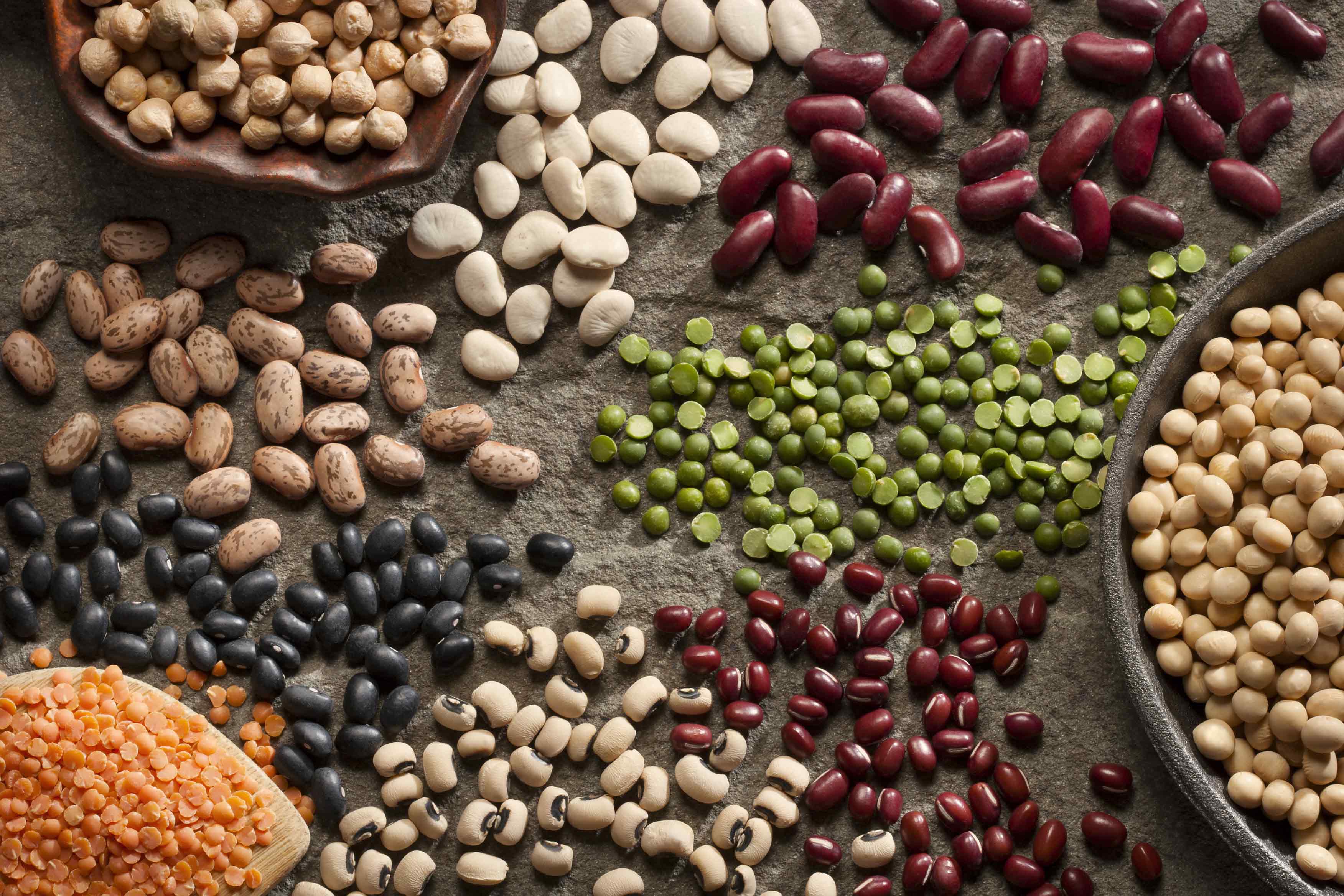
- ½ cup navy beans or baked beans = 60 mg calcium
- ½ cup kidney beans = 75 mg calcium
- ½ cup black beans = 160 mg calcium
Beans are incredibly versatile. And at under $2 per pound dry (or around $2 per can), they’re affordable, too. Add beans to soups, salads, burritos, pasta, casseroles, tacos, and pizzas.
Plant-Based, Calcium-Rich Foods #3 — Lentils
- 1 cup lentils = 80 mg calcium
Lentils are inexpensive and shelf stable. Try red lentils in soups like dahl, green lentils in salads, or brown lentils to make a lentil loaf.
Plant-Based, Calcium-Rich Foods #4 — Almonds
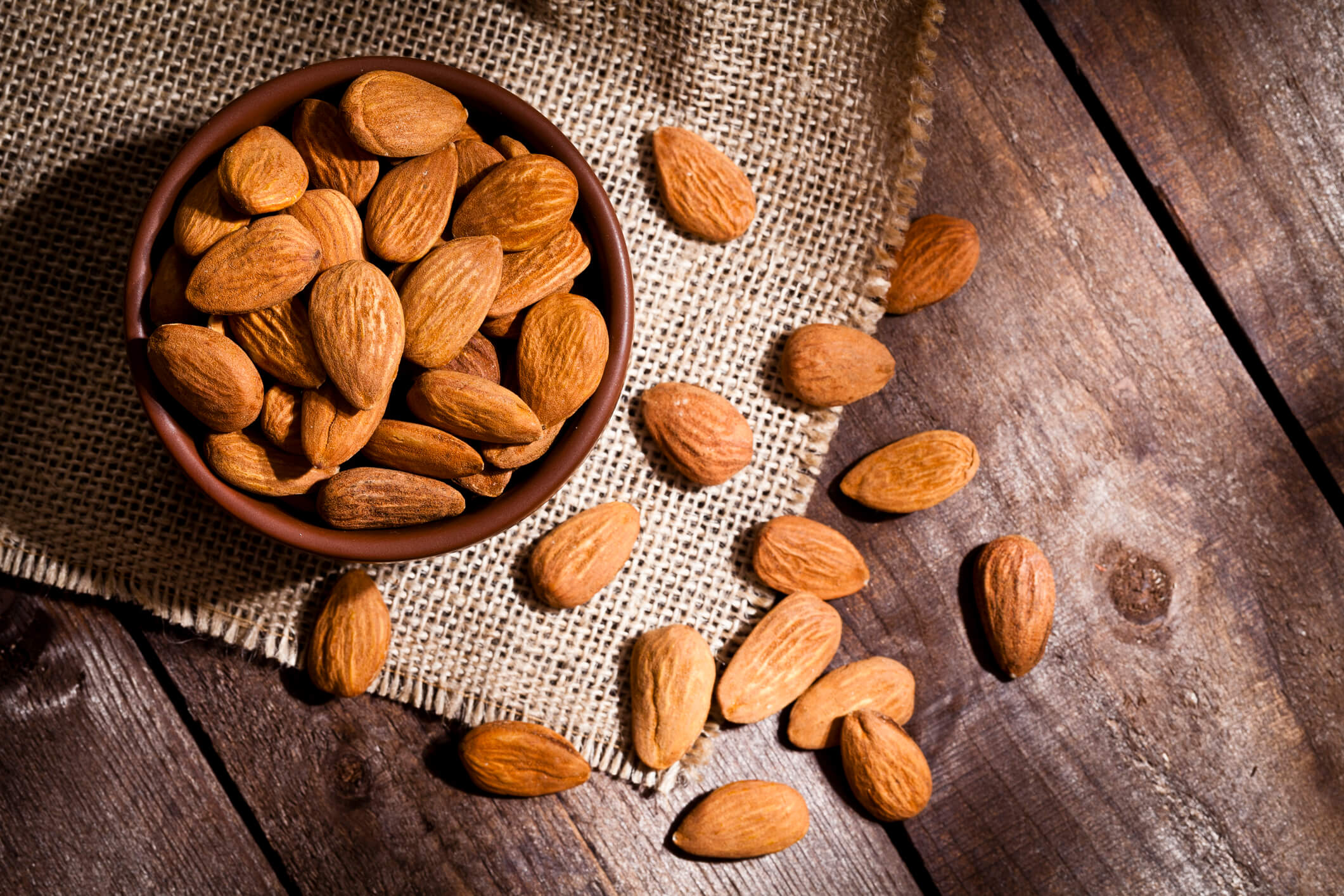
- ½ cup raw almonds = 80 mg calcium
- 2 Tbsp almond butter = 80 mg calcium
Almond butter is a great alternative to peanut butter, and it’s easy to make with a high-speed blender or food processor. Raw almonds are easy to add to smoothies, muffins, and pancakes, or just eaten alone.
Plant-Based, Calcium-Rich Foods #5 — Low-Oxalate Leafy Greens
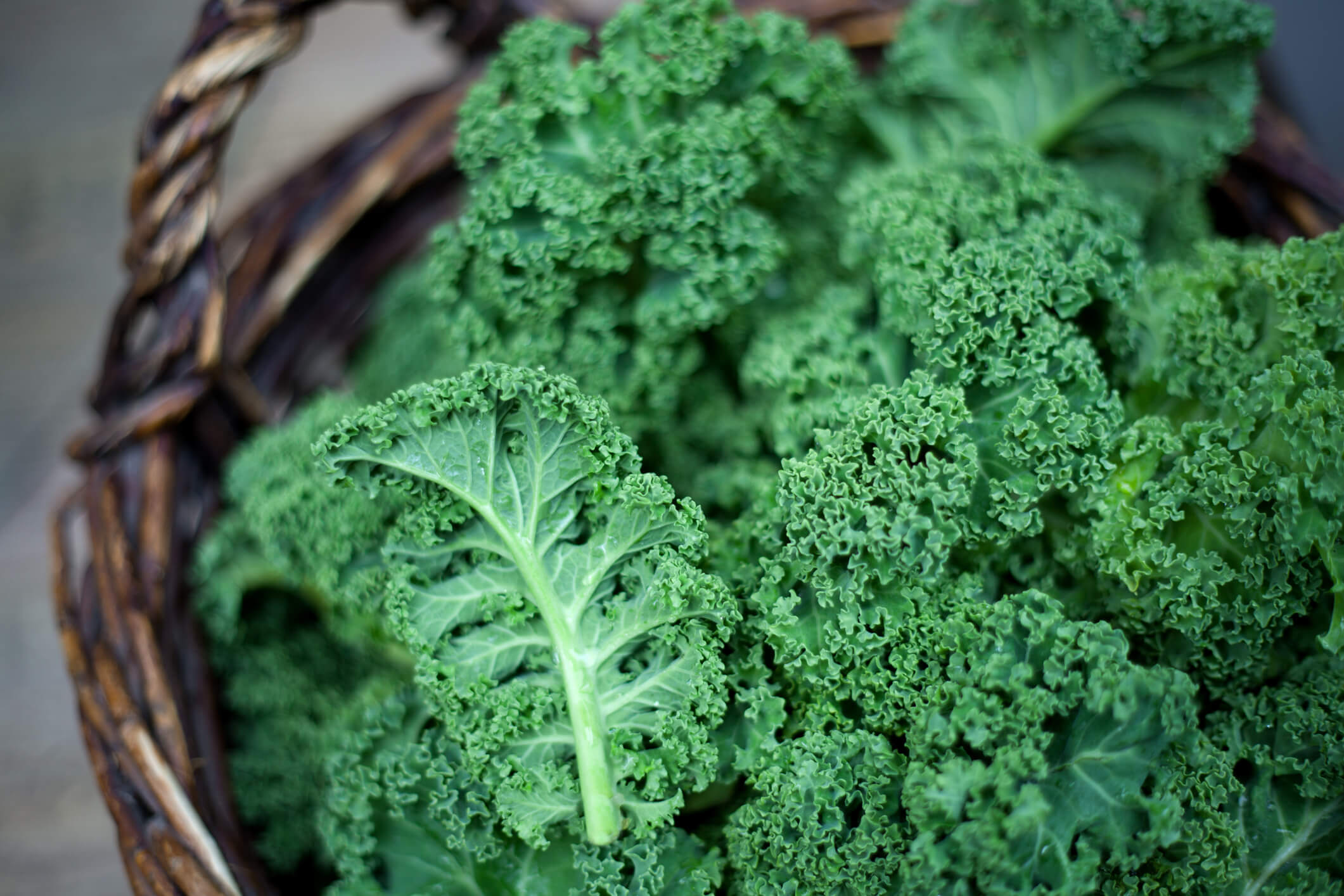
- ½ cup of collard greens = 300 mg calcium
- 1 cup bok choy = 60 mg calcium
- 1 cup chopped kale = 80 mg calcium
Oxalates are compounds found in certain leafy greens that can block calcium absorption. Oxalates can make otherwise highly nutritious vegetables — like spinach, swiss chard, and beet greens — not-so-great sources of calcium.
Greens with lower oxalates include collard greens, bok choy, and kale. Mix these into salads or try them sauteed or steamed.
Plant-Based, Calcium-Rich Foods #6 — Soy
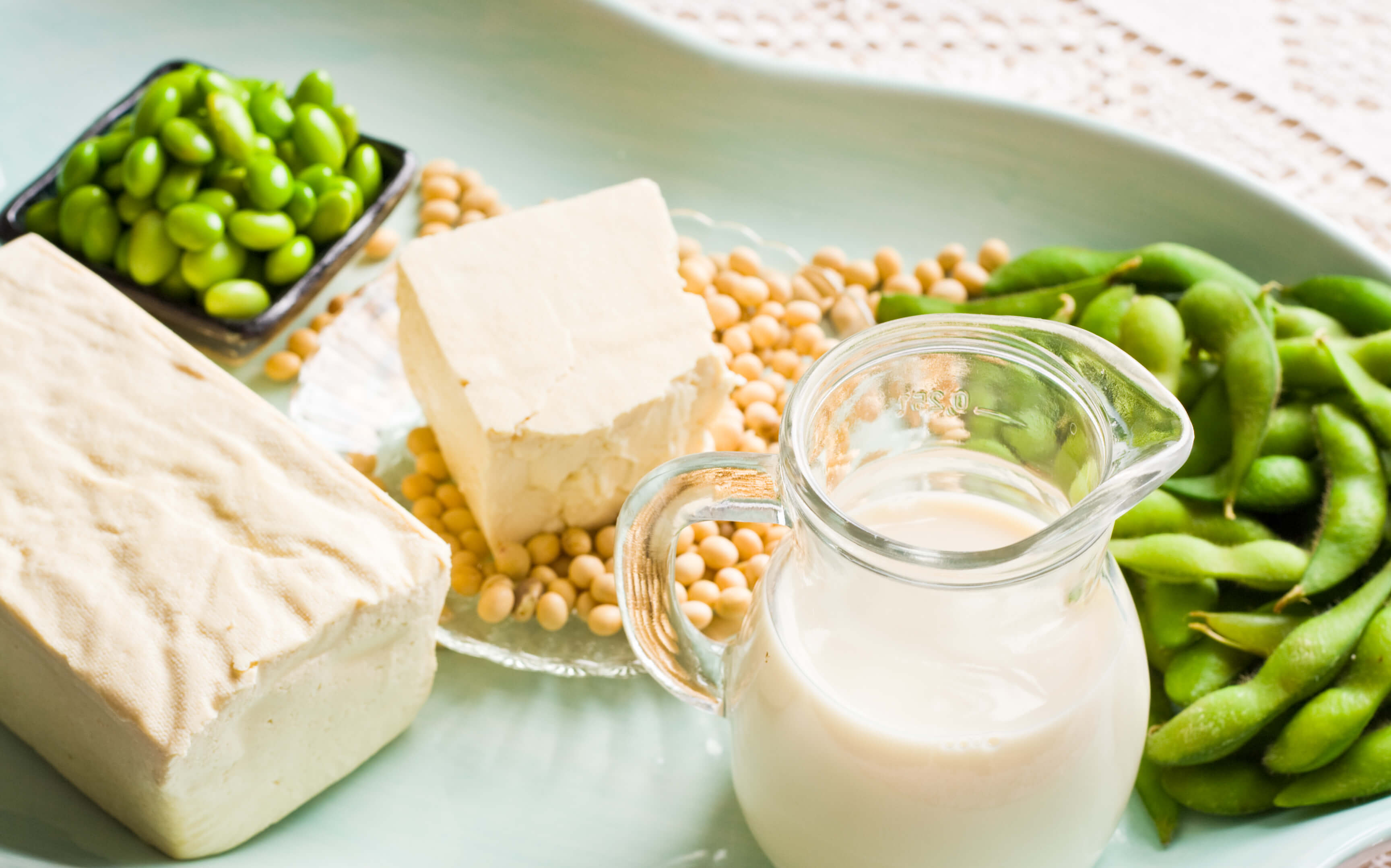
- 100 grams of tofu = 175 mg calcium
- 1 cup of Edensoy organic soy milk = 100 mg calcium
- ½ cup edamame = 60 mg calcium
Organic soy foods are great for many recipes. Use extra-firm tofu in stir-fries, pasta dishes, tofu scrambles, or even sliced on sandwiches. Try silken tofu in smoothies, dips, and sauces.
Edamame can be purchased in the frozen section of many markets, either still in pods or pre-shelled. Add edamame to salads, buddha bowls, or homemade hummus. You can drink soy milk plain, or use it in any other way you would regularly use cow’s milk — like in cereal or for baking.
Plant-Based, Calcium-Rich Foods #7 — Oranges
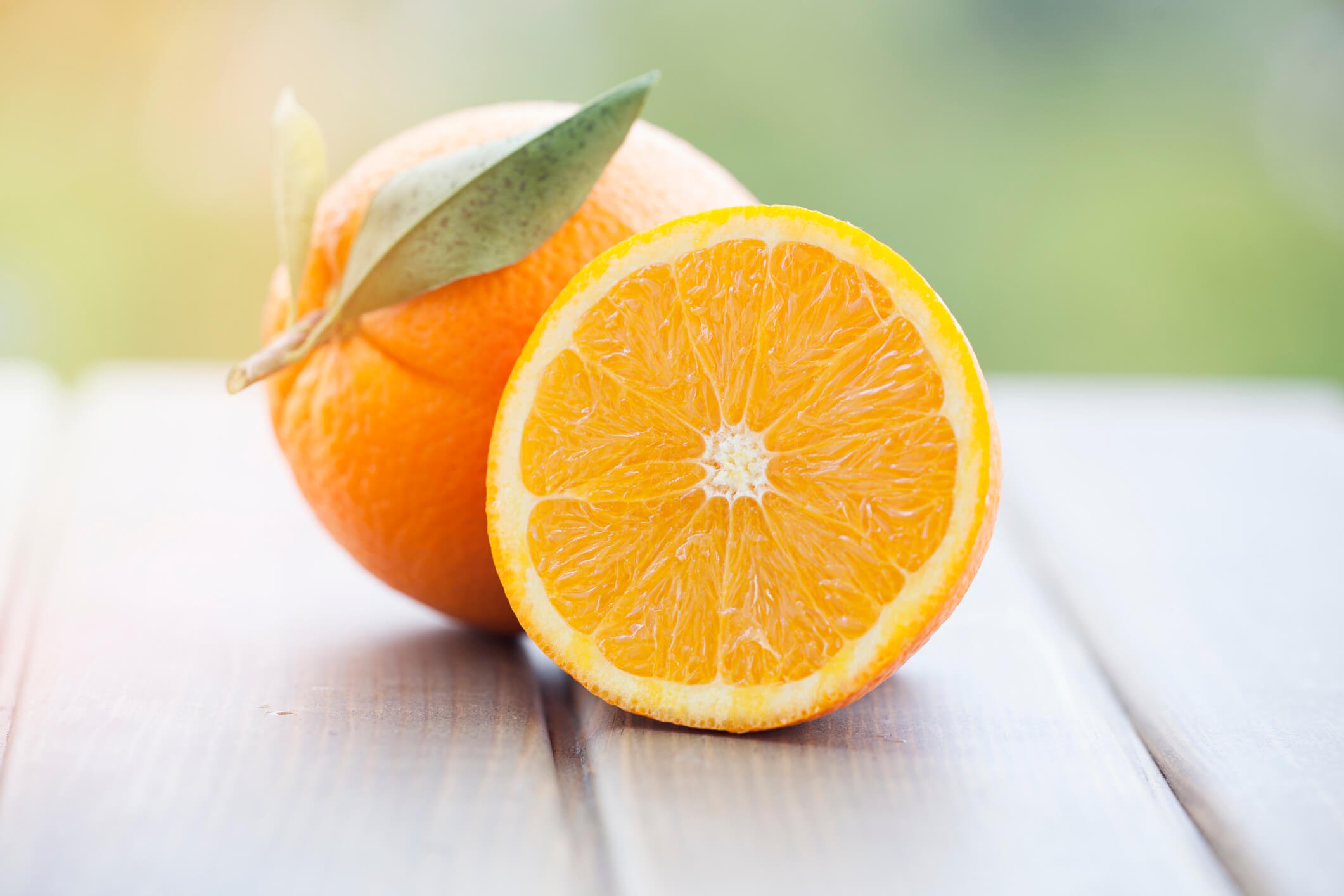
- 1 medium navel orange = 80 mg calcium
Oranges receive praise for their vitamin C content, but they’re also high in calcium. I can’t think of a better way to enjoy a juicy orange than by simply eating it raw.
Plant-Based, Calcium-Rich Foods #8 — Broccoli Raab (Rapini)
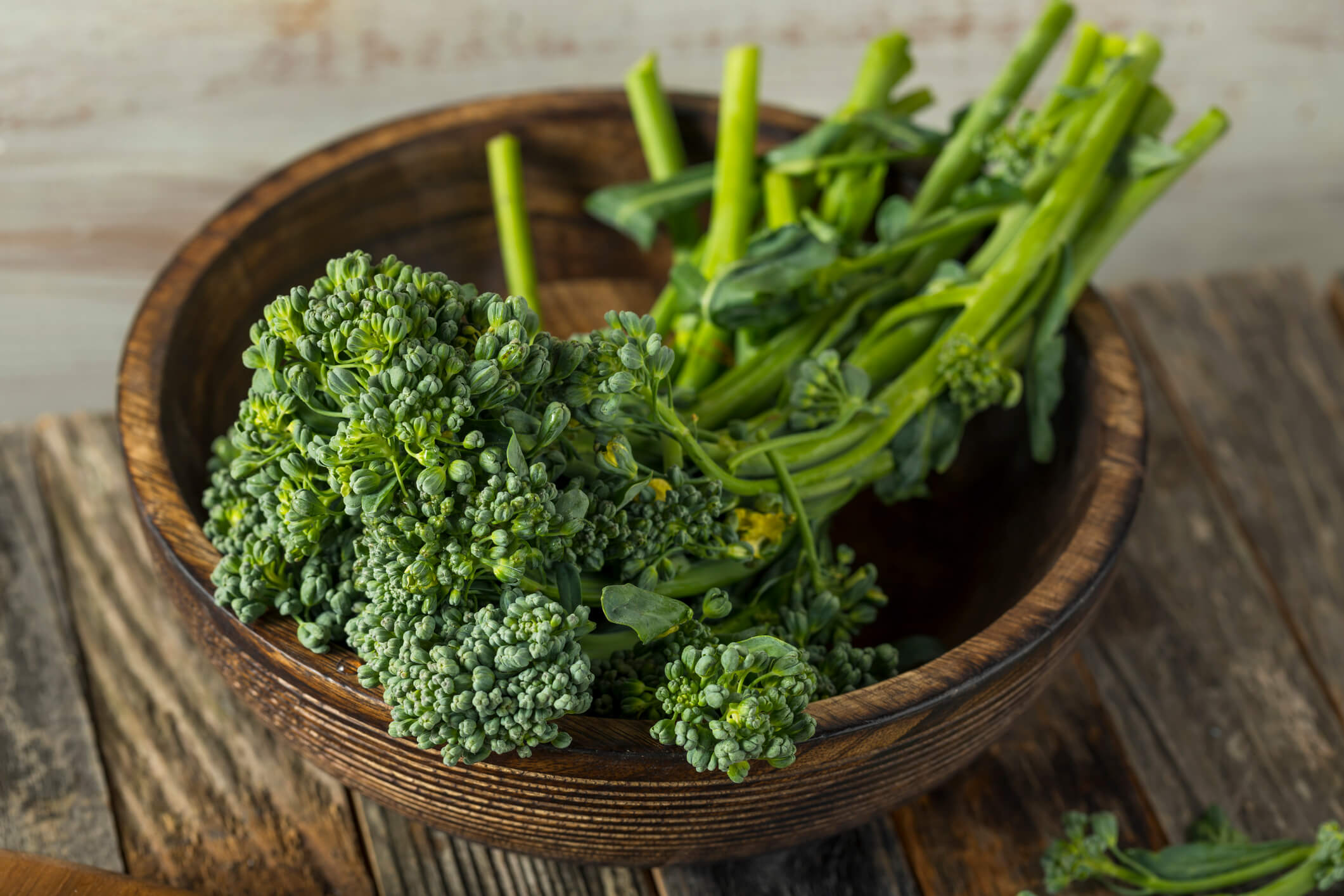
- 1 bunch cooked broccoli raab = 515 mg calcium
Broccoli is a decent source of calcium — coming in at around 40 mg per cup — but broccoli raab (also known as rapini) is even better. It can be boiled, sauteed, or seasoned and roasted.
Plant-Based, Calcium-Rich Foods #9 — Dried Figs
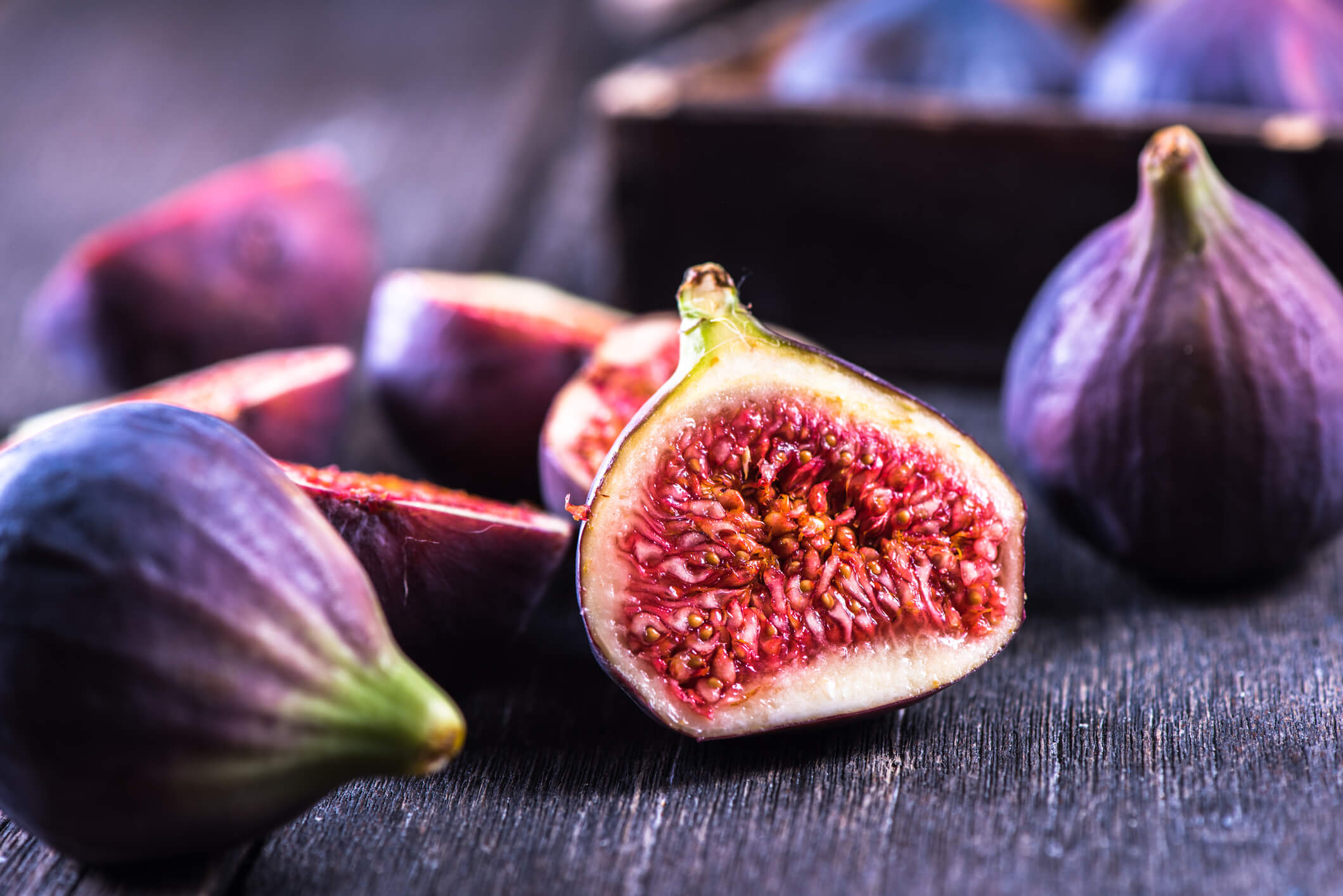
- 4 dried figs = 55 mg calcium
If you’re not a fan of eating dried figs plain, they’re great additions to baked goods, like muffins, breads, and scones. Some people even add them to smoothies.
What About Calcium-Fortified Plant Milks?
Most plant milks are fortified with calcium, though some aren’t. Fortified milks can contain as much — if not more — calcium than a glass of cow’s milk.
If you drink plant milk, check the label, as the calcium content can vary between varieties and brands.
Of course, fortification is really just a way of adding supplements to food. It may or may not be beneficial, but it’s certainly not the same as getting calcium from natural food sources.





Комментариев нет:
Отправить комментарий